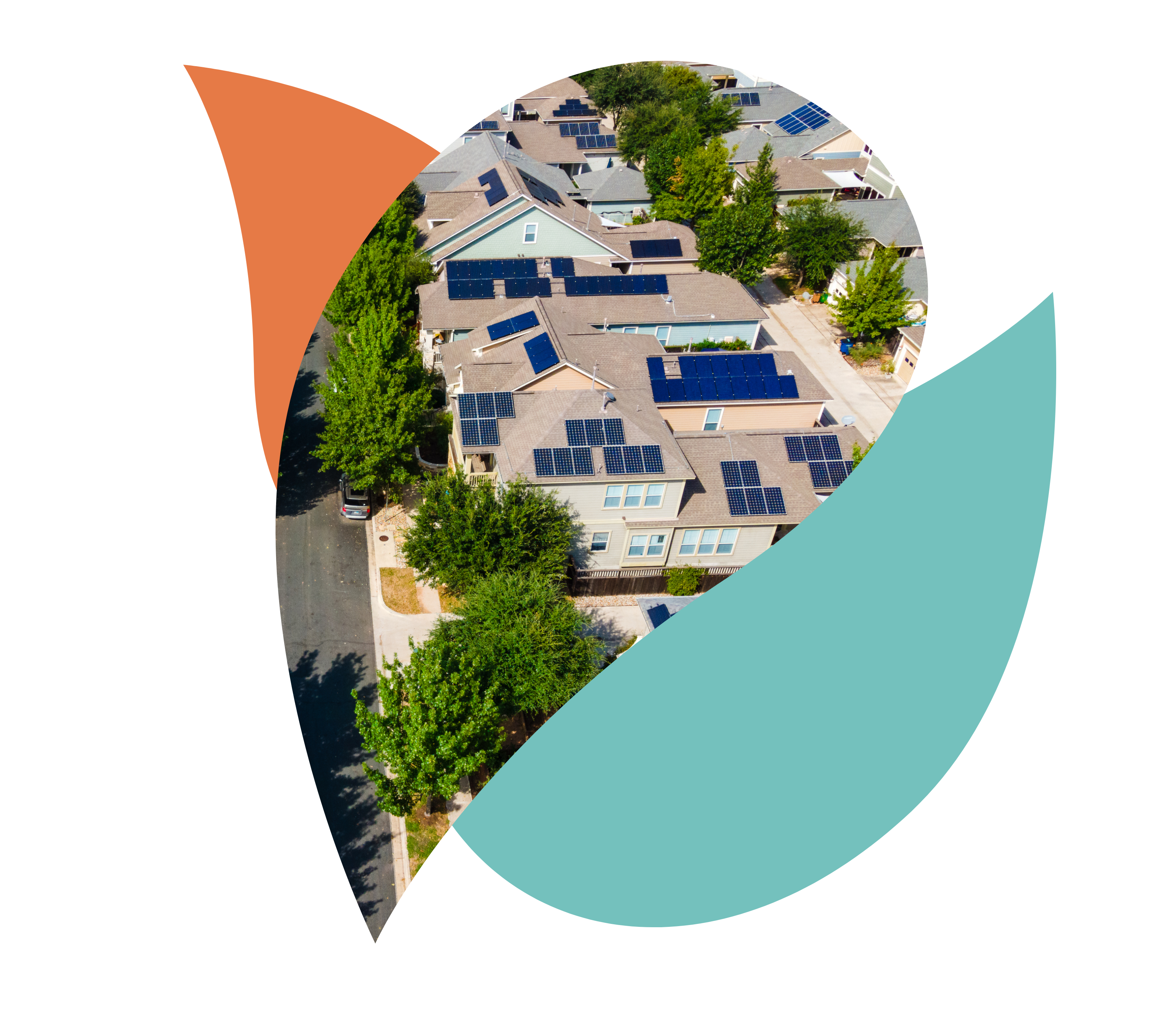Research line 3: Energy communities
Energy communities, energy poverty and community energy schemes.

This research line aims to understand how municipalities and regional authorities can support the establishment and growth of energy communities, conceived as a tool for tackling the problem of energy poverty and facilitating the active participation of vulnerable groups.
Research approach
Energy communities or community energy schemes have been developing in European countries for many years now, but low-income communities, women and ethically and culturally diverse communities appear less involved in them and therefore less capable of benefiting from them. Municipalities and regional authorities could implement specific policy strategies to remove the barriers and maximise the drivers for the involvement of vulnerable groups. A case study research approach will be used to investigate successful experiences in Denmark, Germany, Italy, Norway, and the UK.
Research cycle #1
May 2022 – April 2023
The first cycle focuses on the collection of narratives on energy communities’ set-ups and how vulnerable people are involved in energy community schemes.
The aim is to gain a first understanding of how the history of single projects developed, thereby identifying the initial aims, design of the initiatives and motivations of leading actors and participants.
Research Cycle #2
April 2023 – January 2025
The second data collection cycle will entail content analysis of energy communities’ projects and policy documents and individual and group interviews.
It will clarify how local authorities have successfully facilitated the inclusion of vulnerable groups in energy communities and reduced energy poverty in different institutional, social and cultural contexts.
Expected impacts
This study will result in policy recommendations suitable to be implemented by European local authorities to facilitate behaviour change from apathy to active participation of individuals belonging to vulnerable groups whilst contributing to reducing energy poverty.
The policy recommendations will aim to distinguish several levels of intervention:
- a financial level, suggesting strategies to meet the resources necessary to establish the communities;
- a participatory level, detailing strategies to involve vulnerable groups at every stage of the project;
- a social sustainability level, which will recommend strategies to keep the projects successfully running in the long term.
Newsletter
Keep up to date with the latest project news, developments, and results.
